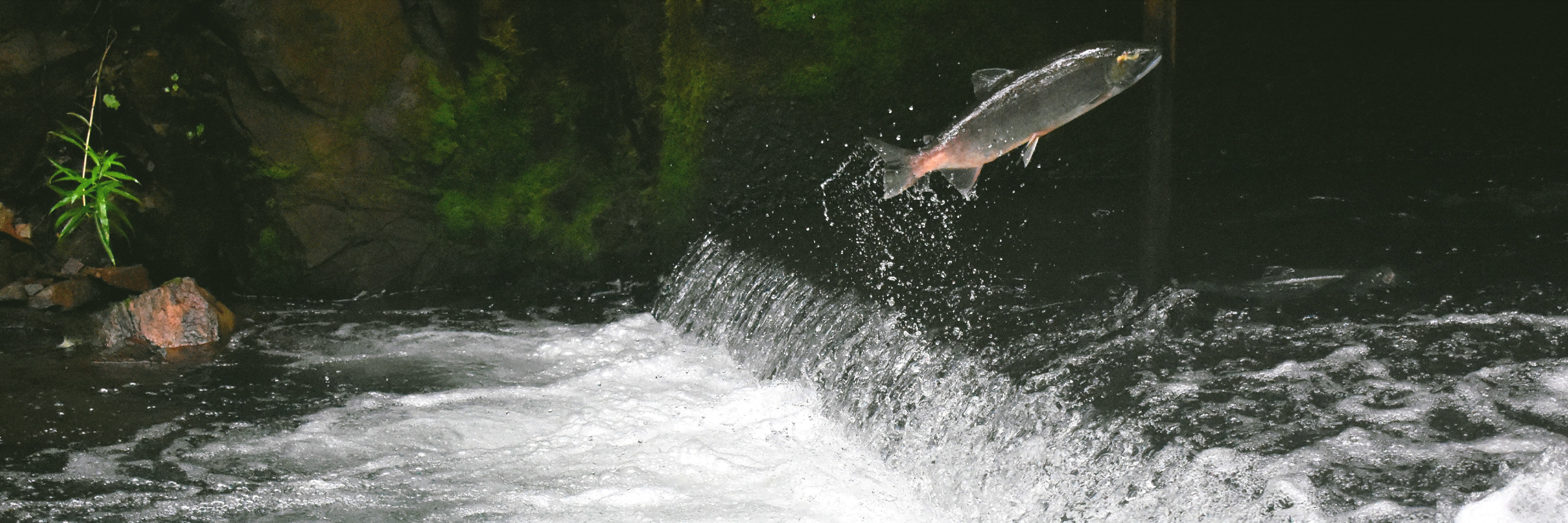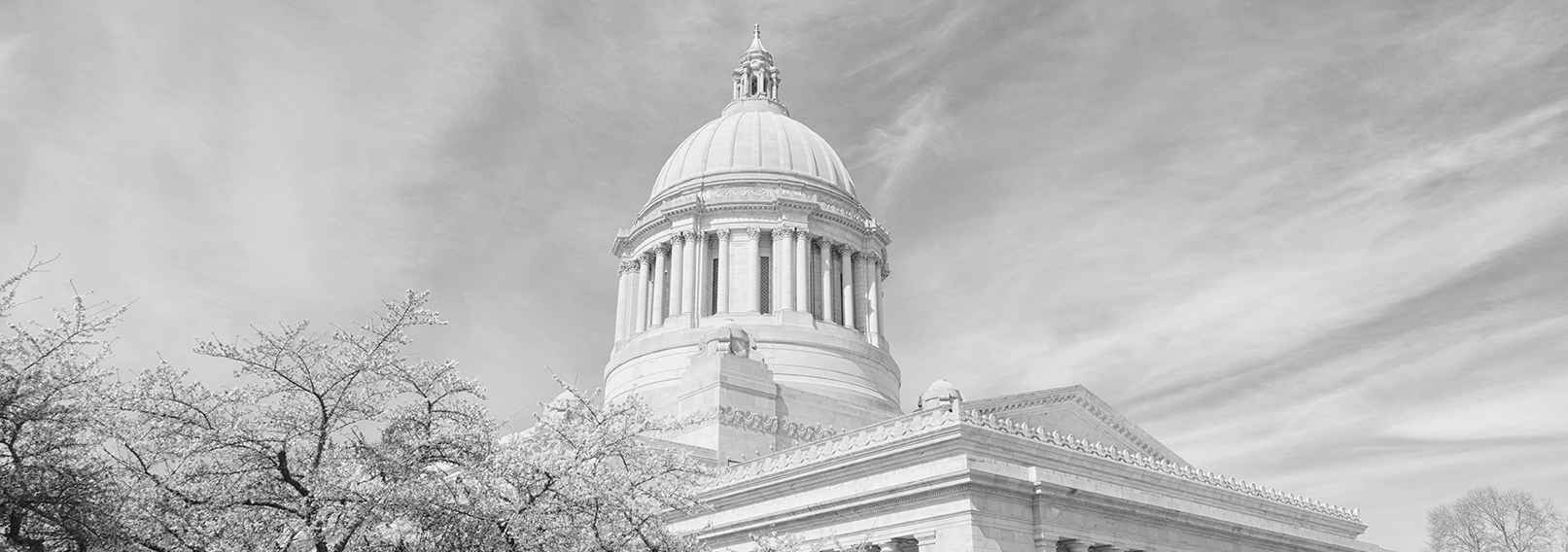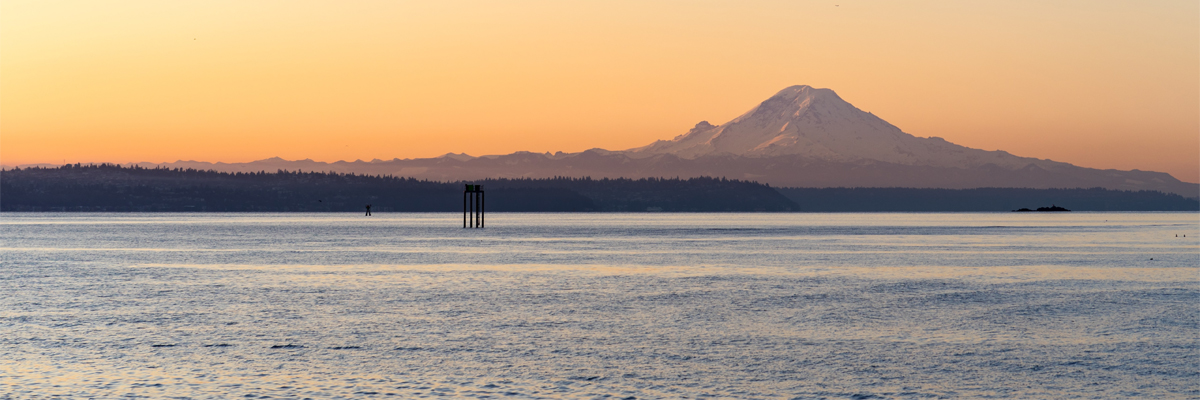For the second year in a row, the Governor’s request for legislation for riparian restoration failed to advance. Last year’s bill (HB 1838/SB 5725), the Lorraine Loomis Act, named after the late Swinomish elder who was once chair of the Northwest Indian Fisheries Commission, faced strong opposition from the start. The bill sought, among other things, to require the restoration of riparian corridors on private lands. It failed to make it out of the policy committees of either chamber as it couldn’t muster enough votes from the majority party.
Following last year’s debacle, the Governor’s office convened a group of stakeholders and held discussions in the fall, known as the Riparian Roundtable, with the help of a professional facilitator. The Governor requested new legislation this year (HB 1215/SB 5266) that would have created a statewide grant program meant to entice private landowners to engage in riparian restoration work on their property. Unfortunately, while less controversial than the 2022 proposal, this year’s bill also failed to get passed out of the policy committees in the House or the Senate.
A competing version of the bill introduced by Representative Mike Chapman (24th Legislative District), House Agriculture and Natural Resources Committee Chairman, made it out of the policy committee but not the fiscal committee, even though it appeared to have bipartisan support.
But for riparian restoration supporters and salmon recovery advocates, all is not lost.
Both the House and Senate budgets appropriate substantial sums for projects that will help with salmon recovery and improve habitat. Both also include programs specifically for riparian restoration projects.
The House proposes $50 million in the State Capital Budget for two programs – one administered by the Salmon Recovery Funding Board ($25 million) and one by the State Conservation Commission ($25 million). Combined, the two programs only amount to half of the Governor’s requested funding to implement the program proposed by his requested legislation.
The Senate proposal is for $40 million in the State Operating Budget for a program run by the State Conservation Commission – less than half of what the Governor wanted.
Other notable funding proposals related to salmon recovery are as follows:
- Puget Sound restoration and salmon recovery grants – $54 million (House & Senate Capital)
- Salmon Recovery Funding Board – $103 million (House Capital) and $95 million (Senate Capital)
- Fish Barrier Removal Board – $48 million (House & Senate Capital)
- Riparian Roundtable (continued discussions) – $480,000 (House & Senate Operating)
Even though the Governor’s bills died, the legislature is showing some desire to move forward on salmon recovery efforts, including riparian restoration. It remains to be seen what the final numbers will be, but it’s safe to say the state will make more investments over the next two years.
Whether there will ever be a permanent statewide riparian restoration program is more of an unknown. Maybe the thrid time will be the charm, and next session, we can add a fourth “R” – Results.
Policy Contact:
Paul Jewell
WSAC, Policy Director



